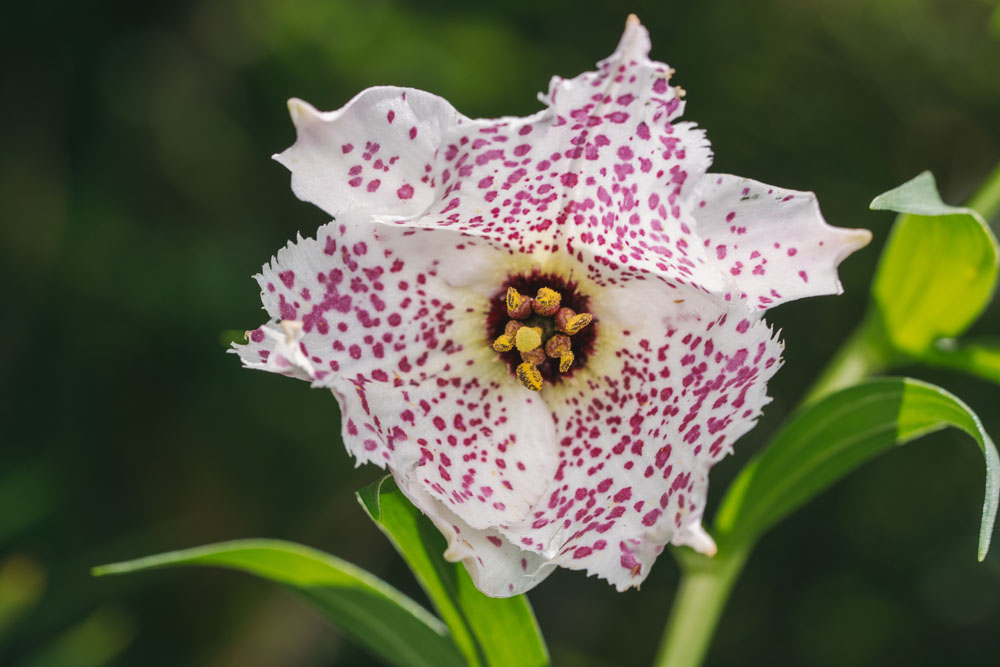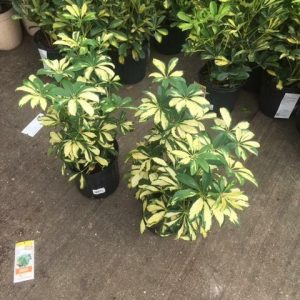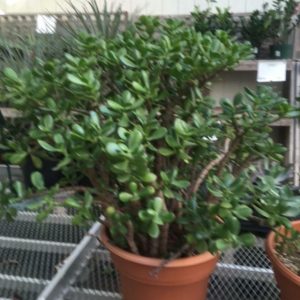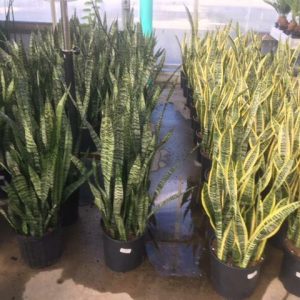Description
Nomocharis –
There are about 7 species of bulbous, herbaceous perennials in this genus. They occur in moist meadows, rocks, and woodland in mountainous areas of Western China, Tibet, Myanmar, and Northern India. They produces linear to lance shaped or oblong-ovate leaves held in whorls on the upper halves of the stems, or scattered along them in pairs or threes. In summer they bear loose racemes of often broadly, purple spotted, saucer or bell shaped, 6 tepaled flowers, 2-3″ across, in white, pink or pale yellow. They are ideal for a cool woodland garden and are effective grown with rhododendrons.
Plant 6″ deep in winter or spring, in humus rich, acidic soil in partial shade, in cool area, they may be grown in full sun. They dislike hot, dry conditions, ensure soil is moist in summer bbut never waterlogged.
Prone to snails and slugs.
N. paradanthina – N. mairei – This bulbous perennial from Western China grows 36″ tall, It produces elliptic to lance shaped leaves, 1-4 ½” long, held in whorls up the stem. In early summer it bears racemes of 2-20 nodding, saucer shaped then flat white to rose flowers, 2-4″ across, they are heavily spotted crimson and have dark centers and fringed petal edges.
Zones 7-9




